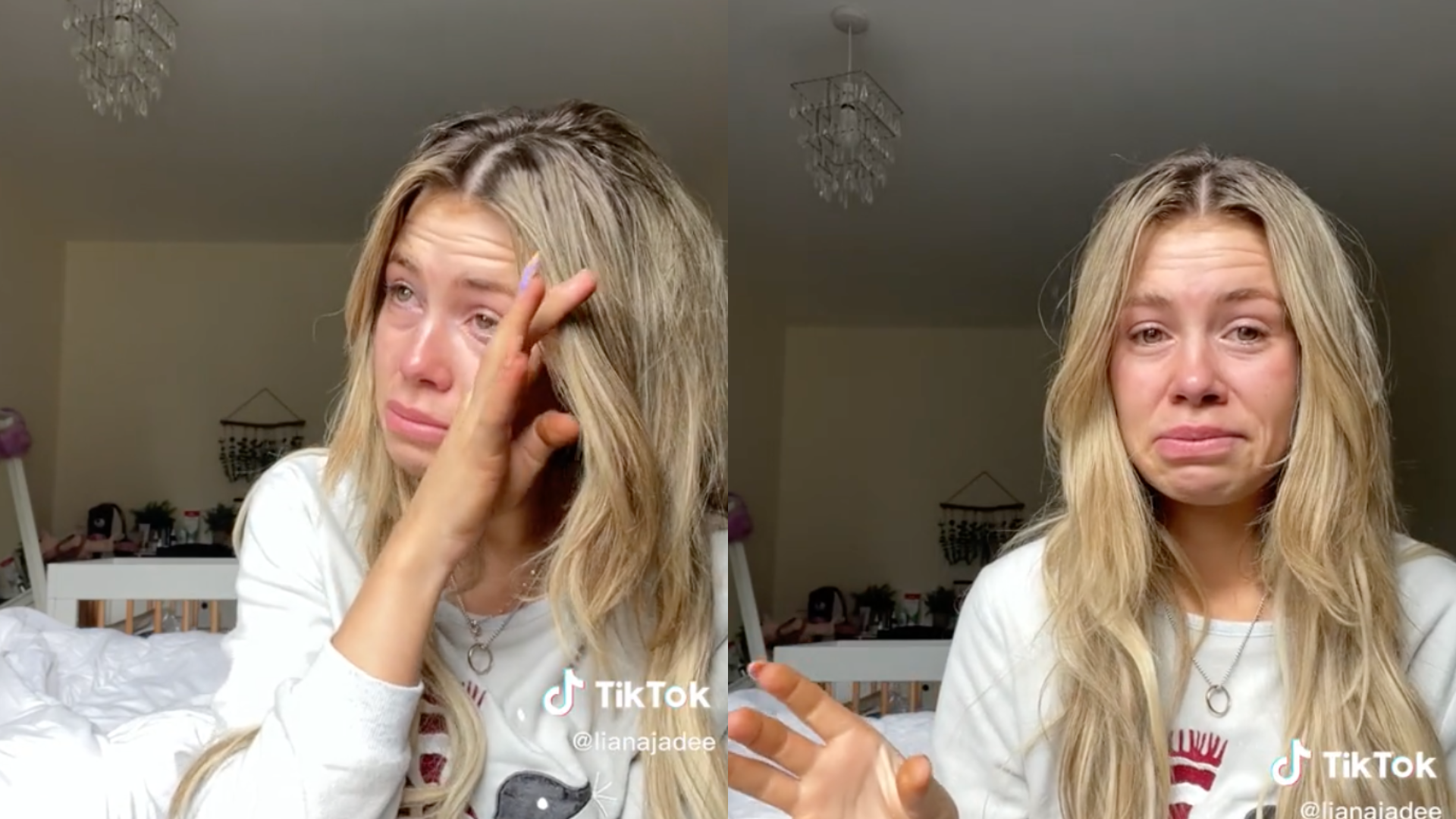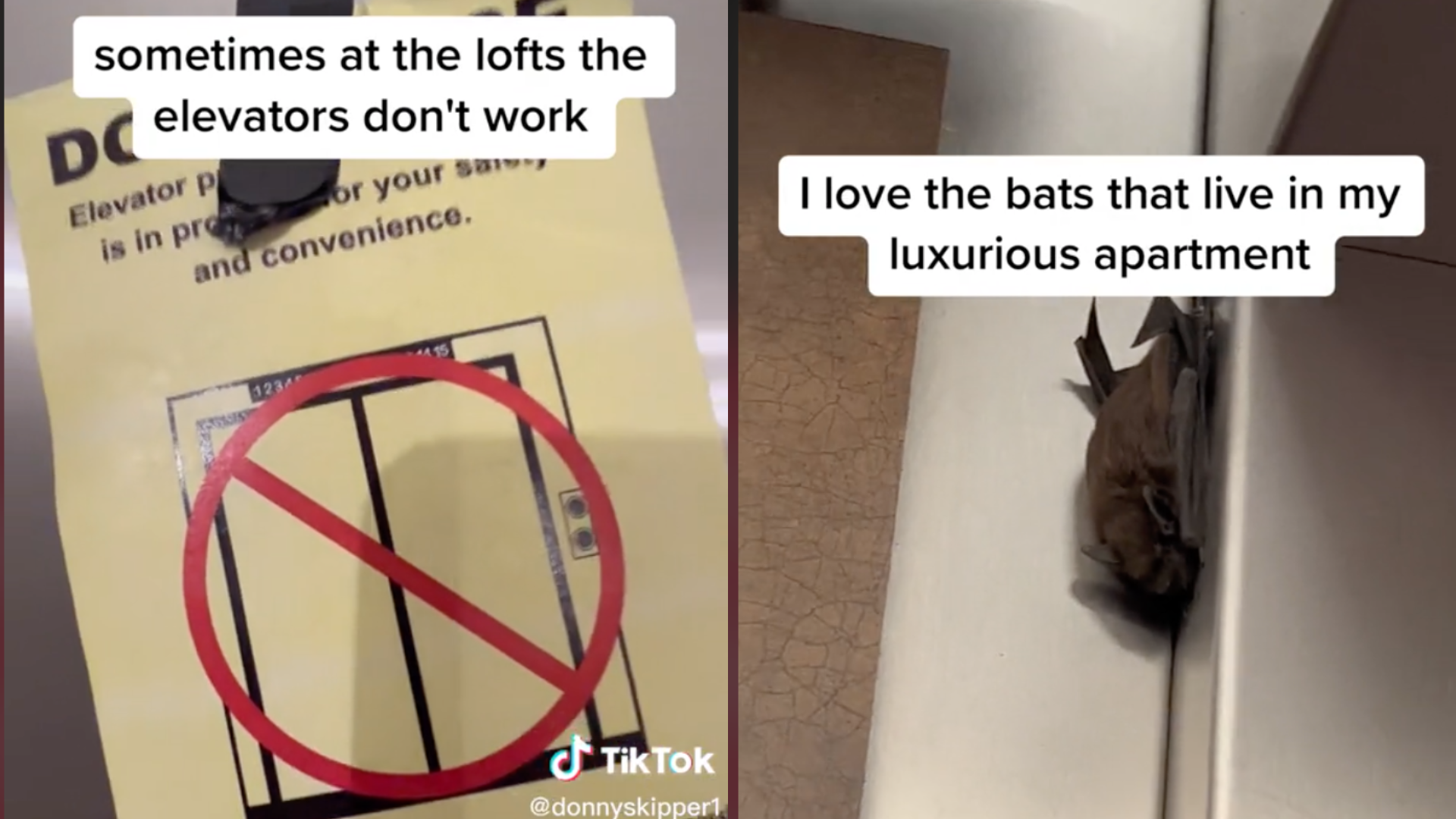TikTok has announced that it will limit screen time for users between the ages of 13 and 17 to 60 minutes per day. This default setting will be automatically rolled out to every account belonging to a user under the age of 18 “in the coming weeks.” The move is part of the company’s ongoing efforts to improve the safety and well-being of young users.
Once the limit is reached, young users will be prompted to enter a password that allows them to continue using the app. However, profiles owned by users aged 13 to 15 will be set to private automatically. Young users can opt out of the daily 60-minute screen limit, but some high-usage viewers will be asked to set a daily screen time limit of their choice. For users under 13 years old, a parent or guardian will need to set or enter a passcode to unlock an additional 30 minutes of watch time.

TikTok has consulted academic literature and experts in setting the limit. In addition to the screen time limit, direct messaging will only be available to those 16 and older, and users will now have to be at least 18 to host a live video. A screen time dashboard is also being introduced, which gives a breakdown of the total time spent on TikTok during the night and day. Parents and guardians can customize their children’s daily screen time limit through TikTok’s Family Pairing, which rolled out in 2020. The app is also prompting teens to set their own daily screen time limit if they opt out of the 60-minute default and spend more than 100 minutes on the app each day.
TikTok has faced growing scrutiny from state and federal officials over fears that American data could fall into the possession of the Chinese government. The app has also encountered sharp criticism over the risks it may pose to the mental health of young people. Republican Rep. Michael Gallagher of Wisconsin called TikTok “digital fentanyl,” highlighting the corrosive impact of constant social media use, particularly on young men and women in America. Last year, a bipartisan group of state attorneys general launched a nationwide investigation into the mental health effects of TikTok for young users.
Other social media platforms have also fa. ced criticism over their effect on young people’s mental health. In July, TikTok announced plans for a rating system aimed at protecting young users from inappropriate content. The company’s CEO, Shou Zi Chew, is scheduled to appear before the House Energy and Commerce Committee in March to address concerns about data security practices.
The move to limit screen time for minors is a step in the right direction for TikTok. The app has faced increasing scrutiny over the risks it poses to young users, and the company’s efforts to address these concerns are welcome. However, more needs to be done to ensure that the app is safe and healthy for all users, and TikTok should continue to work with experts and lawmakers to find ways to improve its platform.












